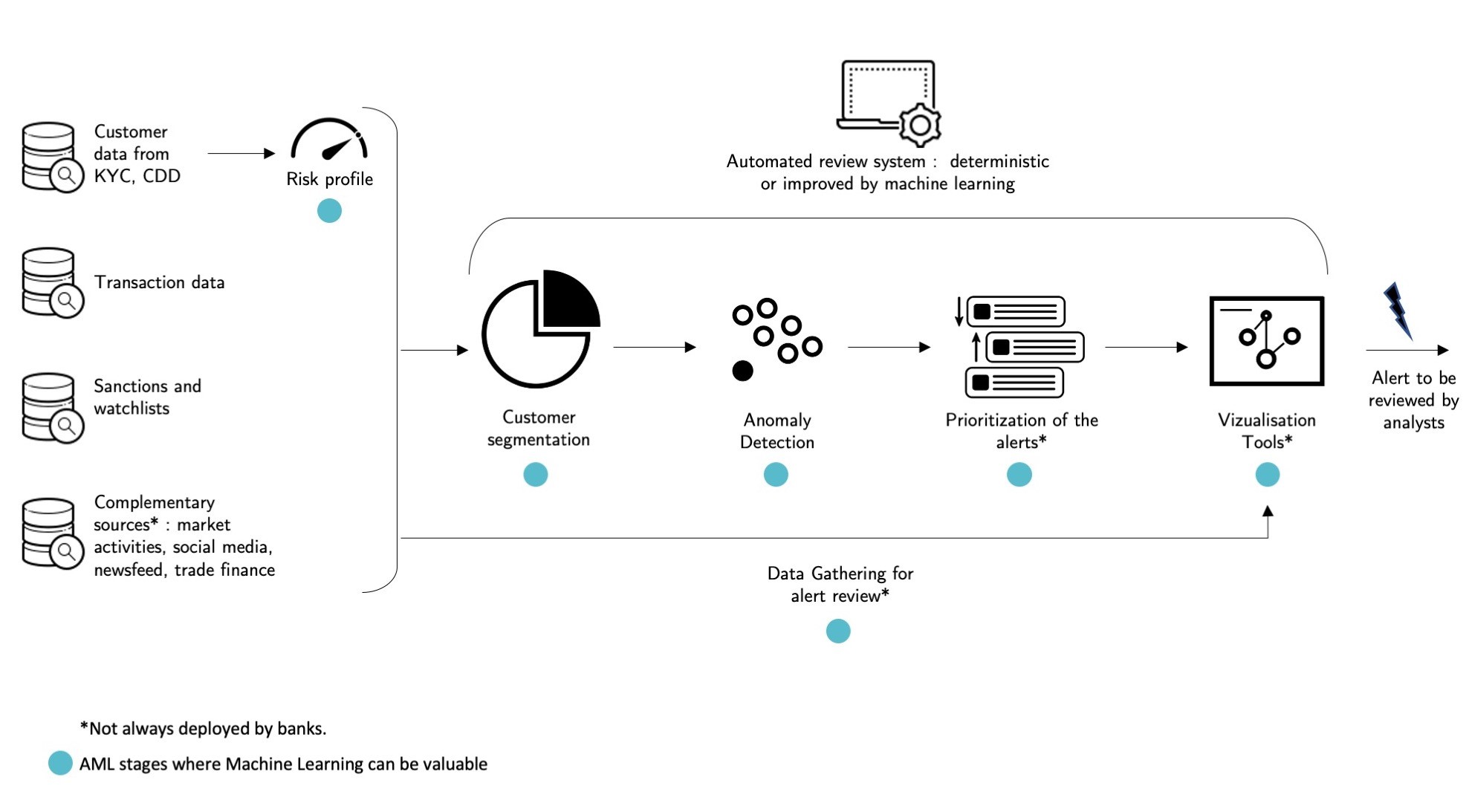Human Role in AI Content Creation Raises Quality Concerns
Human involvement in AI content creation leads to quality concerns, highlighting the need for better data governance and ethical practices.

The Man Who Makes AI Slop by Hand: Unpacking the Human Role Behind AI Content Proliferation
In the rapidly evolving landscape of artificial intelligence, a curious figure has emerged, known as "The Man Who Makes AI Slop by Hand." This phrase, popularized by a WIRED article, symbolizes the paradox of human involvement in creating low-quality AI content—often called "AI slop"—despite AI’s promise of automation and precision. This article dives into the phenomenon, exploring who this man represents, why AI slop proliferates, and what implications this holds for the future of digital content and creativity.
Who is "The Man Who Makes AI Slop by Hand"?
The phrase is metaphorical rather than literal, referring to individuals or processes that contribute to the creation and propagation of substandard AI-generated content. These include data curators, AI trainers, and sometimes content moderators who manually input or curate datasets that AI models rely on. Despite advances in automation, human involvement remains critical in shaping the quality of AI outputs. When these humans provide poor-quality or biased data, the AI’s output—whether text, images, or videos—can become what critics call "slop," reflecting low coherence, originality, or factual accuracy.
The Rise of AI Slop: Causes and Challenges
The surge in AI-generated content across the internet has introduced a flood of AI-produced text, images, and videos, many of which are considered "slop" due to their formulaic, repetitive, or even misleading nature. Several factors contribute to this:
-
Data Laundering and Poor Data Quality: AI models require vast datasets scraped from the internet, including forums, social media, and websites. However, much of this data is low quality or recycled content. Reddit’s recent lawsuit against Perplexity AI highlights illegal scraping and "data laundering," where dubious data is cleaned and sold to AI firms, feeding the models with subpar or even plagiarized material.
-
Scale Over Quality: Companies are in a race to train ever-larger AI models, often sacrificing data quality for quantity. This “industrial-scale data laundering” creates a feedback loop of recycled, mediocre content being churned out en masse, diluting the quality of online information.
-
Automation Bias and Overdependence: Users and creators increasingly rely on AI tools for writing, ideation, and content generation. A report from SEO firm Graphite noted that as of late 2024, AI-written articles began to outnumber human-written ones in some areas, contributing to the prevalence of AI slop across digital platforms.
The Impact on Creativity and Authentic Content
The proliferation of AI slop poses significant risks to the authenticity and diversity of online content. Key concerns include:
-
Erosion of Originality: When AI models recycle existing content, original creators risk being overshadowed by derivative works, threatening intellectual property rights and creative incentives.
-
Misinformation and Trust Issues: Low-quality AI content can spread inaccuracies, undermining trust in digital information ecosystems. For instance, OpenAI’s release of Sora 2, a video-generation AI, sparked controversy over copyright and misinformation risks, despite watermarking efforts to distinguish AI-generated content.
-
Economic Consequences for Creators: As AI slop floods social media and content platforms, genuine human creators may see reduced engagement and revenue, altering the digital economy’s landscape.
Efforts to Combat AI Slop and Improve Quality
Industry players, researchers, and legal authorities are responding with various strategies:
-
Watermarking and Detection Technologies: OpenAI and others implement watermarks and AI content detectors to help identify AI-generated material, though these are not foolproof, as watermark removal tools rapidly emerge.
-
Legal Action and Data Ethics: Reddit’s lawsuit against data scrapers reflects growing legal scrutiny over data rights and fair usage, aiming to clamp down on unethical data laundering practices.
-
Research on Data Poisoning and Defense: Studies, including those by Anthropic, warn about "data poisoning," where even small amounts of bad data can degrade AI model performance, emphasizing the need for stronger data curation and defense mechanisms.
Visualizing the Phenomenon
Relevant images to illustrate this topic include:
- Portraits or conceptual images of AI trainers or data curators symbolizing "The Man Who Makes AI Slop by Hand."
- Screenshots of AI-generated content examples, including text or videos flagged as AI slop.
- Logos of key companies involved, such as OpenAI and Perplexity AI, alongside legal court documents related to data scraping lawsuits.
- Infographics depicting the data laundering process and its impact on AI content quality.
Context and Future Outlook
The concept of "The Man Who Makes AI Slop by Hand" underscores a critical tension in AI development: the interplay between human agency and machine automation. While AI promises to revolutionize content creation, the quality and ethics of the data feeding these models remain human challenges. Addressing AI slop requires a multifaceted approach involving improved data governance, legal frameworks, and technological innovation.
As AI-generated content continues to expand, society faces choices about how to balance scale with quality, automation with creativity, and convenience with authenticity. The ongoing debates and legal actions highlight a pivotal moment in shaping the digital future, where both humans and machines must collaborate wisely to avoid drowning the internet in AI slop.



